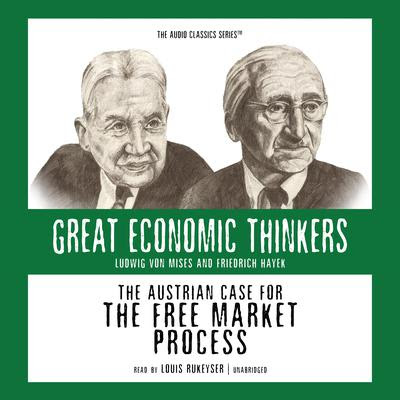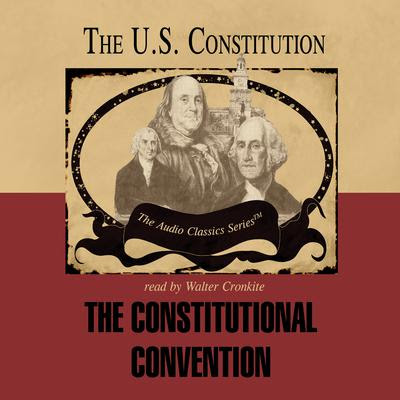“I propose, in a series of papers, to discuss the following interesting particulars: The utility of the Union to your political prosperity; the insufficiency of the present Confederation to preserve that Union; the necessity of a government at least equally energetic with the one proposed, to the attainment of this object; the conformity of the proposed Constitution to the true principles of republican government; its analogy to your own state constitution; and lastly, the additional security which its adoption will afford to the preservation of that species of government, to liberty, and to property.”
“The Federalist Papers” has long been one of my favorite books. More than any other book, it helped to get the Constitution ratified by the thirteen states. But the importance of the Federalist Papers transcends the ratification debates. It is a timeless work, because it explains the intended purposes of virtually every clause in the Constitution, which is still the law of the land today. It is the most important work written by the Founding Fathers about the Constitution, and is used to interpret the intended meaning of the document today. Since this is an area of major controversy, this debate is one of the most practical in all of American politics.









